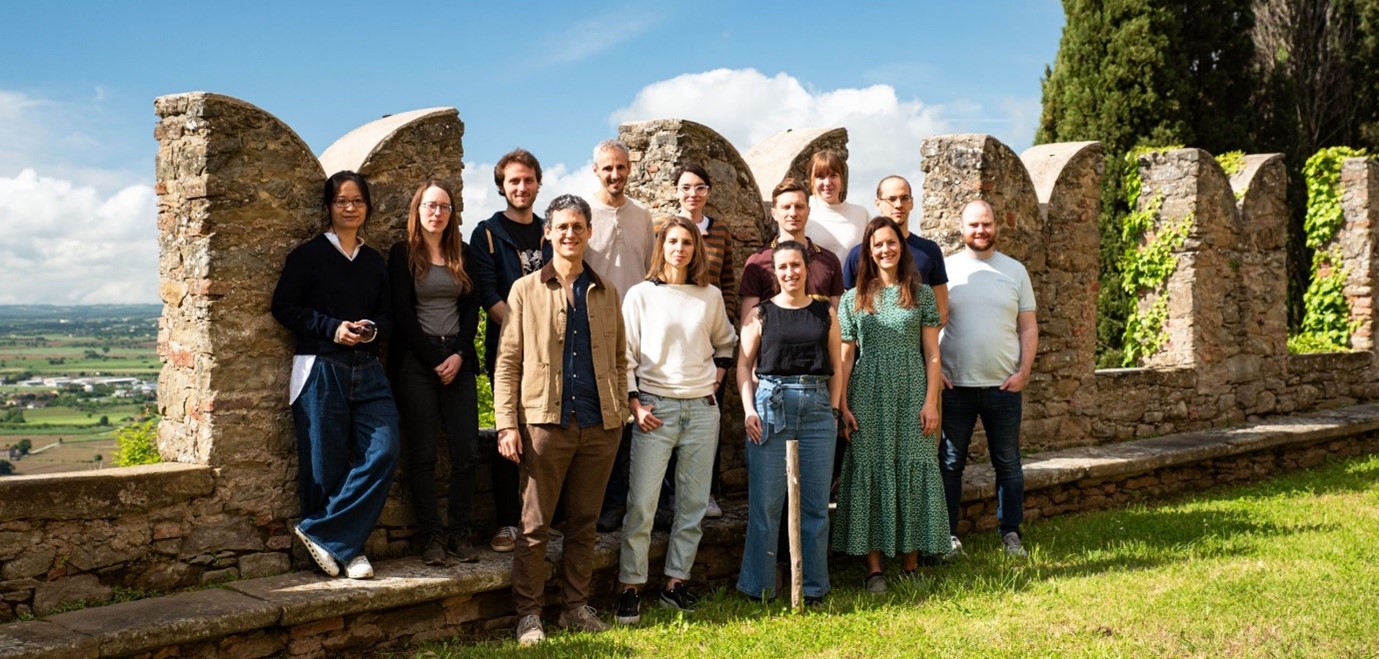Help optimise the SAFE Labs Handbook by filling in our survey
Posted by Pip Coen, on 30 August 2024

We need your help to optimise the SAFE Labs Handbook before it is disseminated throughout the academic community. Please complete our this survey to help optimize this tool for the academic community.
This handbook is an outcome of the 2024 SAFE Labs workshop, where new bioscience group leaders from across Europe discussed Starting Aware, Fair, and Equitable Labs. The primary goal of this workshop (funded through the UCL Global Engagement award) was to better-understand the common, and divergent, problems faced by new researchers trying to build successful, equitable, fair, and environmentally sustainable labs with a positive research culture. There were no scientific talks as part of the program (there are plenty of meetings for that!).
Through this workshop, we realised that a major obstacle to improving lab culture was the lack of any resource with actionable “commitments” for group leaders that could be implemented in the absence of institutional support. Existing resources raised important issues, but lacked specific actions for group leaders to take.
The thirteen attendees unanimously agreed to collaborate on creating a SAFE Labs Handbook, covering commitments that span different topics: Policies, Teams, and Careers. Of course, there are many effective strategies to run a team, reflecting differences across groups, institutions, and countries. Thus, the Handbook is not prescriptive; rather it aims to increase transparency and minimise expectation mismatch between the group leader and lab members to create positive and equitable lab culture. Commitments may require a policy to be documented, but the content of that policy is decided by the group leader.
No commitment relies on institutional support to implement, and all commitments are actionable, and can be verifiably implemented. This is because:
- Implementable commitments are the most helpful to group leaders and lab members.
- Verifiable commitments allow for accountability and specific feedback.
For example, “I commit to supporting a healthy work-life balance for my lab members” will not be in this handbook because the commitment cannot be verified.
The handbook does not represent an optimal or exhaustive template: it is the product of thirteen group leaders who are all passionate about improving lab culture, and are all fallible. Although this handbook will not solve every problem, we hope it takes a significant step toward addressing key challenges faced in daily lab life. The handbook will improve through community feedback and further dedicated workshops.
However, to ensure that this ensure that the SAFE Labs Handbook reflects the needs of our entire community, we need a diversity of feedback on the initial document: from all career levels and countries. The results will directly influence the content of the handbook and ensure that the commitments are something that are universally valued.
Please take the time to complete this survey, which can take less than 15 minutes (or 30 minutes if reading the commitments in more detail).
We hope the SAFE Labs Handbook becomes a valuable tool to community. Our intention is that labs implementing all commitments would feature the SAFE Labs logo on their website. This demonstrates to potential and existing lab members that the group leader is committed to creating a SAFE Lab.
We have secured funding to hold a 2025 workshop to further improve, expand, and refine this initiative. If you are interested in participating, please add your email address at the end of the survey.
Thank you for helping us to make the SAFE Labs Handbook as useful as possible!
The SAFE Labs organisers,
Pip Coen, Letizia Mariotti, Stéphane Bugeon, and Federico Rossi



 (1 votes)
(1 votes)